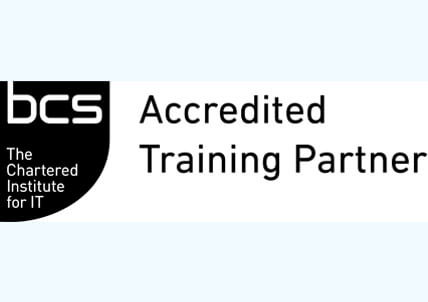The Certificate in Information Security Management Principles (CISMP) course is a comprehensive program designed to provide learners with a thorough understanding of information security management. It covers the fundamental principles of securing information systems and managing risks. The course is structured into ten modules, each focusing on a different aspect of information security.
Module 1 delves into the core principles of information security management, ensuring learners grasp the basics of protecting data integrity, confidentiality, and availability. Module 2 addresses information risk, teaching how to identify and mitigate potential security threats. Module 3 explores various information security frameworks that guide the establishment of robust security policies.
In Module 4, participants learn about the security lifecycle, including the phases of planning, implementing, managing, and updating security measures. Module 5 emphasizes procedural and people security controls, highlighting the human element in safeguarding information. Module 6 focuses on technical security controls such as access controls and cryptography.
Module 7 is dedicated to physical and environmental security controls, stressing the importance of protecting physical assets. Module 8 covers disaster recovery and business continuity management, preparing organizations to respond effectively to incidents. Module 9 looks at other technical aspects, such as network and system security. Finally, Module 10 helps learners prepare for the CISMP examination, consolidating their knowledge and readiness for certification.
By completing the CISMP course, learners will gain essential skills in information security management, risk assessment, and the implementation of security controls, all of which are crucial for protecting an organization's data and systems.


1-on-1 Training
Schedule personalized sessions based upon your availability.

Customized Training
Tailor your learning experience. Dive deeper in topics of greater interest to you.

4-Hour Sessions
Optimize learning with Koenig's 4-hour sessions, balancing knowledge retention and time constraints.

Free Demo Class
Join our training with confidence. Attend a free demo class to experience our expert trainers and get all your queries answered.
Purchase This Course
♱ Excluding VAT/GST
Classroom Training price is on request
♱ Excluding VAT/GST
Classroom Training price is on request
USD 219+
♱ Excluding VAT/GST
Flexi FAQ'sCertainly! Here are the minimum required prerequisites for successfully undertaking training in the Certificate in Information Security Management Principles (CISMP) course, presented in a bullet point format:
Basic understanding of information technology: Familiarity with the fundamental concepts of IT, such as operating systems, networking, and data storage, will help you grasp the technical aspects of information security.
Awareness of business processes: Knowledge of how businesses operate, including an understanding of organizational structure and business objectives, will aid in comprehending the alignment of security practices with business goals.
Interest in information security: A genuine interest in the field of information security is essential as it will motivate you to engage with the course material and understand the importance of security measures.
Problem-solving skills: The ability to think critically and solve problems will be beneficial when learning about risk management and security controls.
Communication skills: Good written and verbal communication skills will help you articulate security policies, procedures, and the importance of security measures to both technical and non-technical audiences.
Willingness to learn: A commitment to continuous learning is important in the ever-evolving field of information security. The course will provide foundational knowledge, but the field requires ongoing education.
Please note that these prerequisites are designed to ensure that you have a successful learning experience and are well-prepared for the CISMP examination. They are not intended to be barriers but rather to set a foundation for your training journey in information security management.
The CISMP course is ideal for professionals seeking a comprehensive understanding of information security management principles.
The CISMP course provides a comprehensive foundation in information security management, covering principles, risk assessment, frameworks, security controls, disaster recovery, and prepares students for the CISMP examination.

